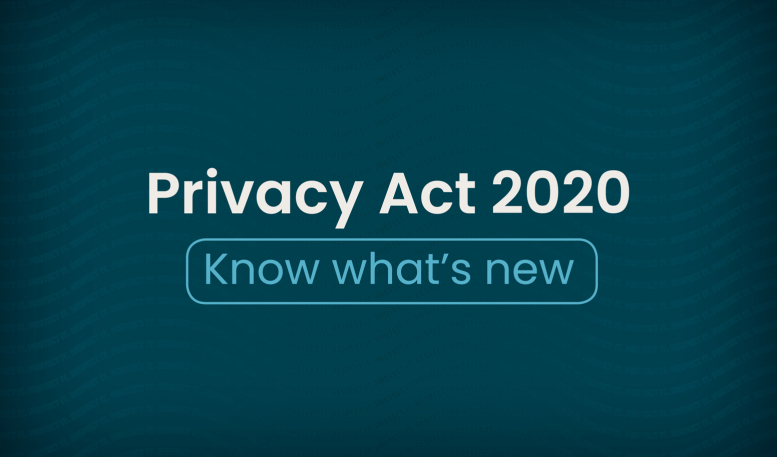Are your staff aware that the new rules of the Privacy Act 2020 came into effect on 1 December? There are new legal requirements which your company and staff must comply with.The Act introduces greater protection for individuals and some additional obligations above and beyond the previous act. Not only are you required to comply with the Act, but there are also increased fines for organisations that do not comply, and new rules when sending personal information overseas.
If your company collects personal information about people, you need to ensure that all staff who are involved with this information understand your legal obligations.
Changes you may have heard about in the news include the requirement to report serious privacy breaches to the Privacy Commissioner and to any people who may have been affected.
The Act introduces new criminal offences with fines of up to $10,000 for committing offences, such as destroying personal information, knowing that a request has been made to access it.
You can get more information from the official website of the Privacy Commissioner here.
